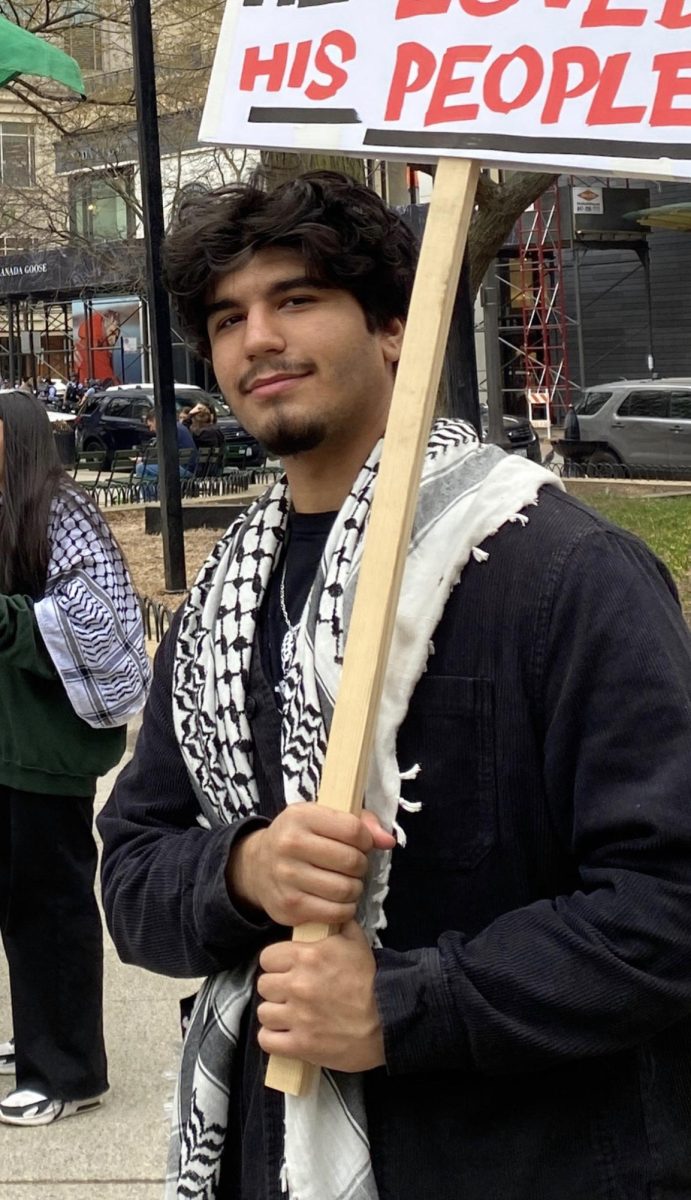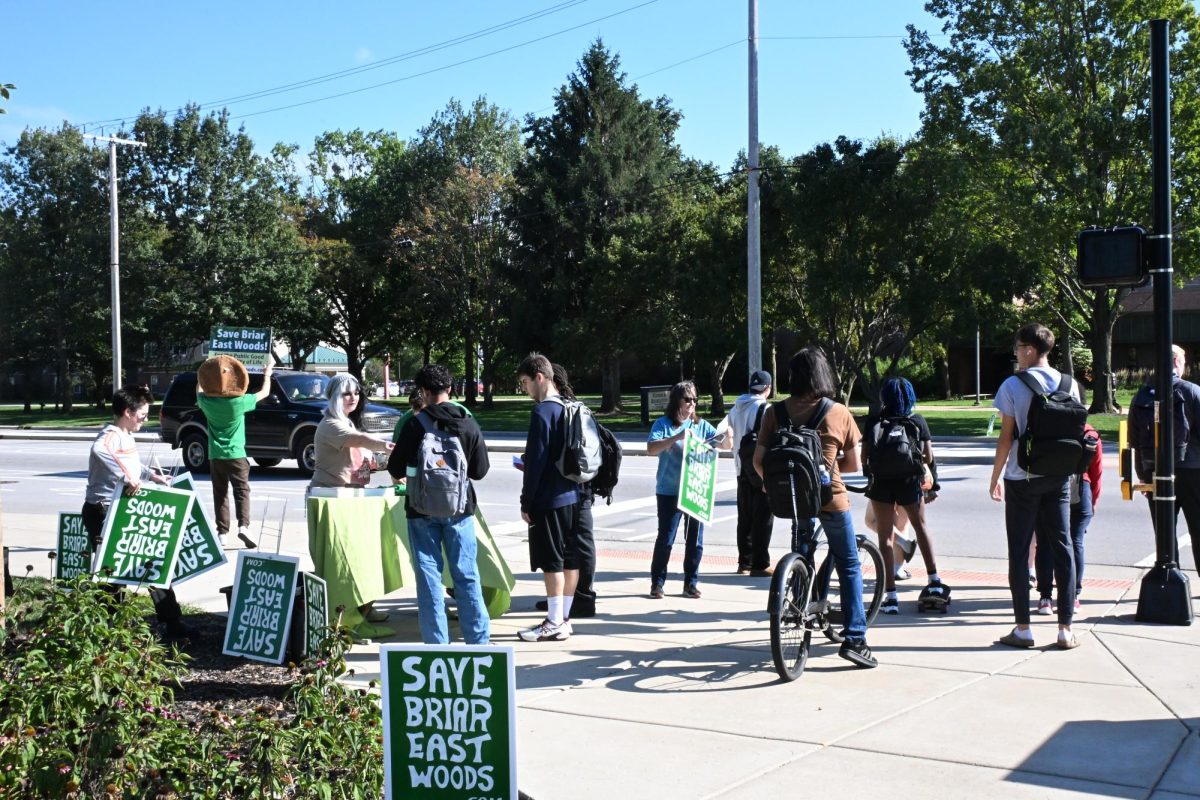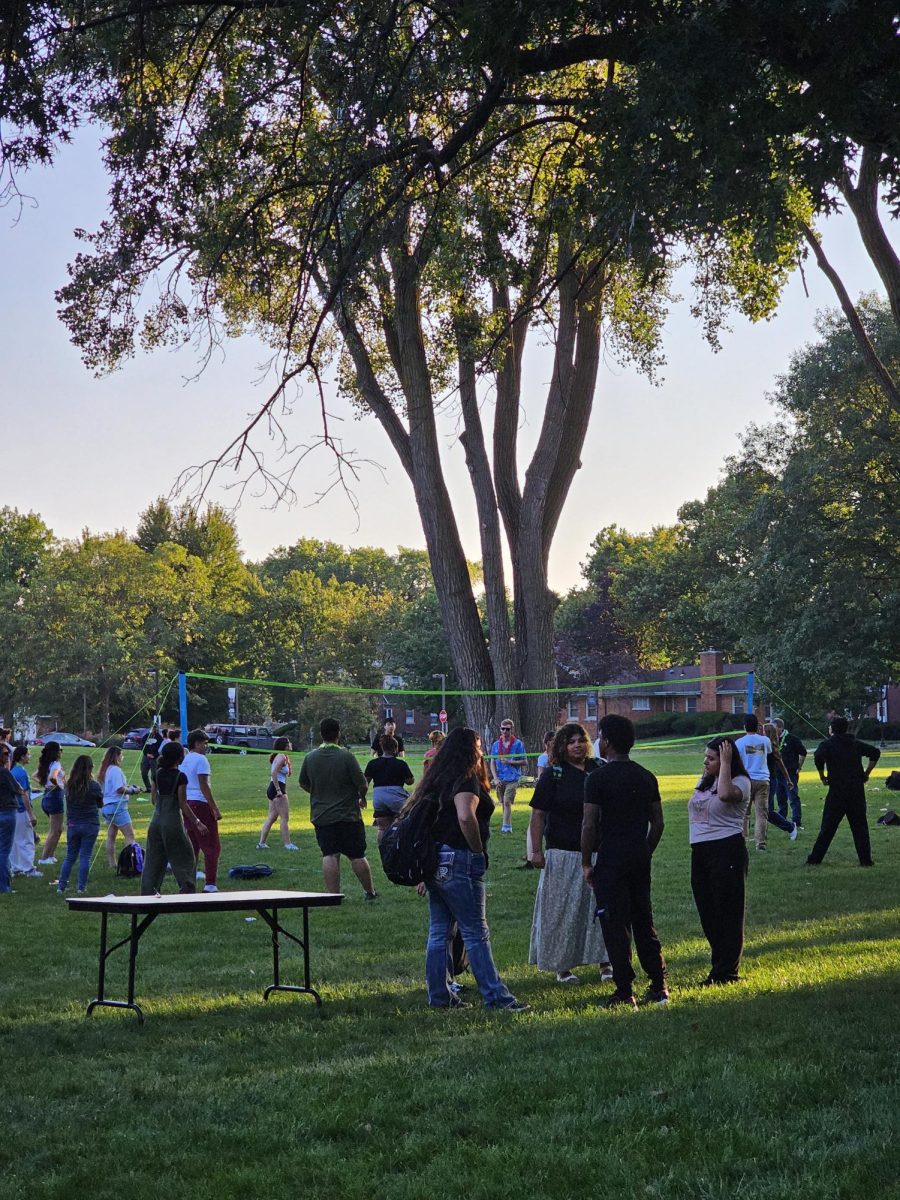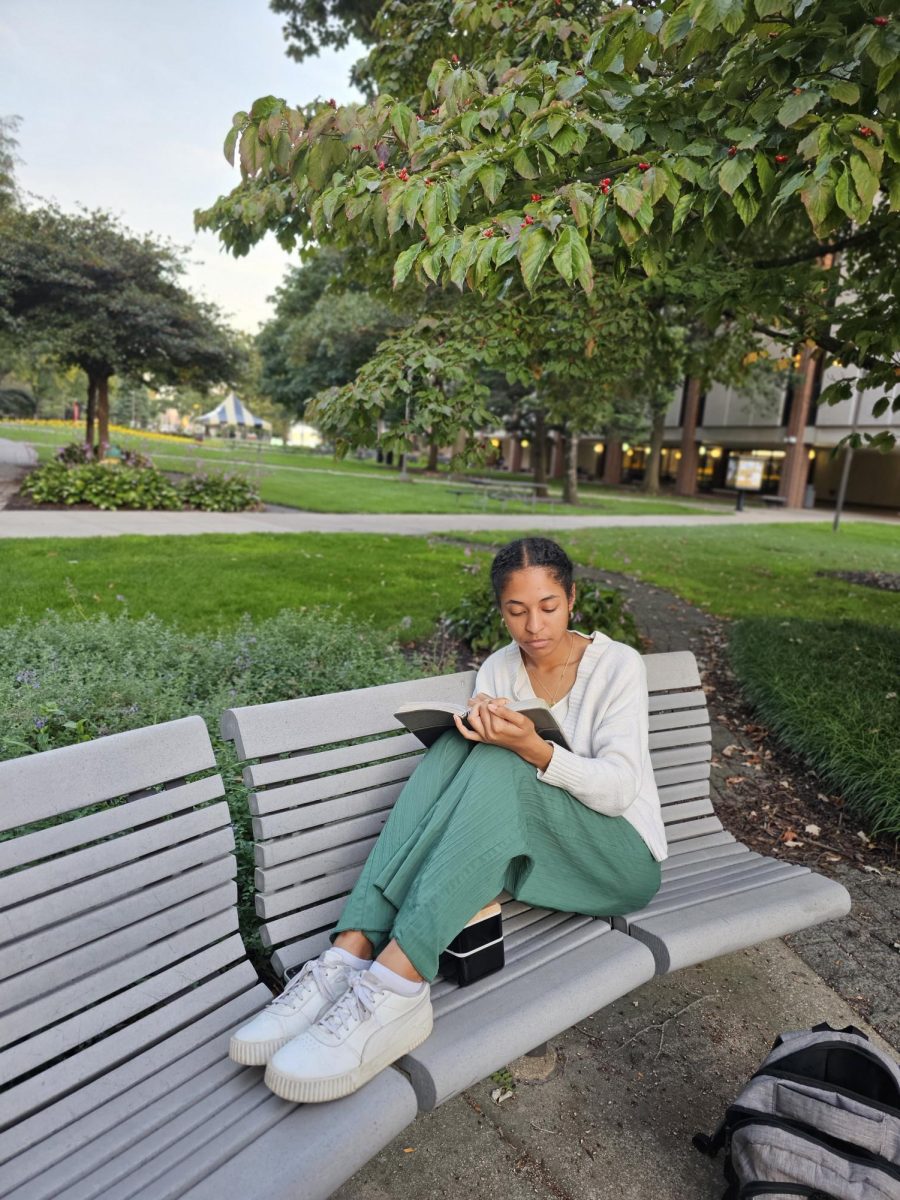Adam El-Khailani has made it his mission to challenge injustice and raise awareness of what several international rights groups call genocide in Palestine.
El-Khailani, vice president of the university’s Students for Justice in Palestine, said the issue is personal for him.
“I am Palestinian and Puerto Rican, so I am no stranger to the topic of imperialism,” said El-Khailani, a sophomore History major. “I felt pushed to join SJP because I couldn’t just sit around and watch my people go through genocide. Something had to be done … something still needs to be done.”
Last year, groups including Amnesty International, a United Nations special committee, Human Rights Watch and others concluded that Israel’s efforts to destroy Hamas were resulting in acts of genocide in Palestine, including starvation and mass civilian casualties. Israel launched attacks on Gaza after Hamas led attacks from Gaza into Israel that killed nearly 1,200 people and took 251 captive.
Toqa Hassan, a faculty advisor to SJP, believes the group has a lot of work to do.
“A lot of the news media that we see hides what is actually happening, so our whole purpose is to inform students about the truth of the situation and get people involved,” said Hassan. “Essentially what we hope to do here at PNW and at other universities is to get our institutions and departments to withdraw their funds from companies that fund Israel and the power system that is in place.”
Since January, the administration of President Donald Trump has launched efforts to root out what it calls “anti-Semitic harassment in schools and on college campuses.” This includes criticism of Israel’s activities in Gaza. Last month, Columbia University suspended or expelled an unspecified number of students involved in Palestinian protests on the New York City campus last year.
The university’s actions against student protesters followed U.S. immigration authorities’ arrest of a former Columbia postgraduate student Mahmoud Khalil over his involvement in pro-Palestinian activism.
More than 1,000 students nationwide found their visas suspended after they were accused of disrupting U.S. foreign policy through pro-Palestinian activism or having unspecified brushes with the law. Last week, the Trump administration reversed itself and restored student visas.
“I believe that the threats against pro-Palestinian supporters are completely immoral and unconstitutional,” said El-Khailani. “I find it very ironic that the Trump administration wants to get rid of DEI because it ‘restricts free speech’ yet when it comes to criticizing the state of Israel, students are threatened and abused.
“Our tax dollars and our payments to these institutions … are being used to pay for this tragedy, so we have a right to do something about it,” he said.
Hassan urges students to engage in this conversation. “People are seeing that this is an ever-growing problem,” she said. “We are consistently observing these social issues surface and by organizing within our communities we are giving a voice to the voiceless.”






